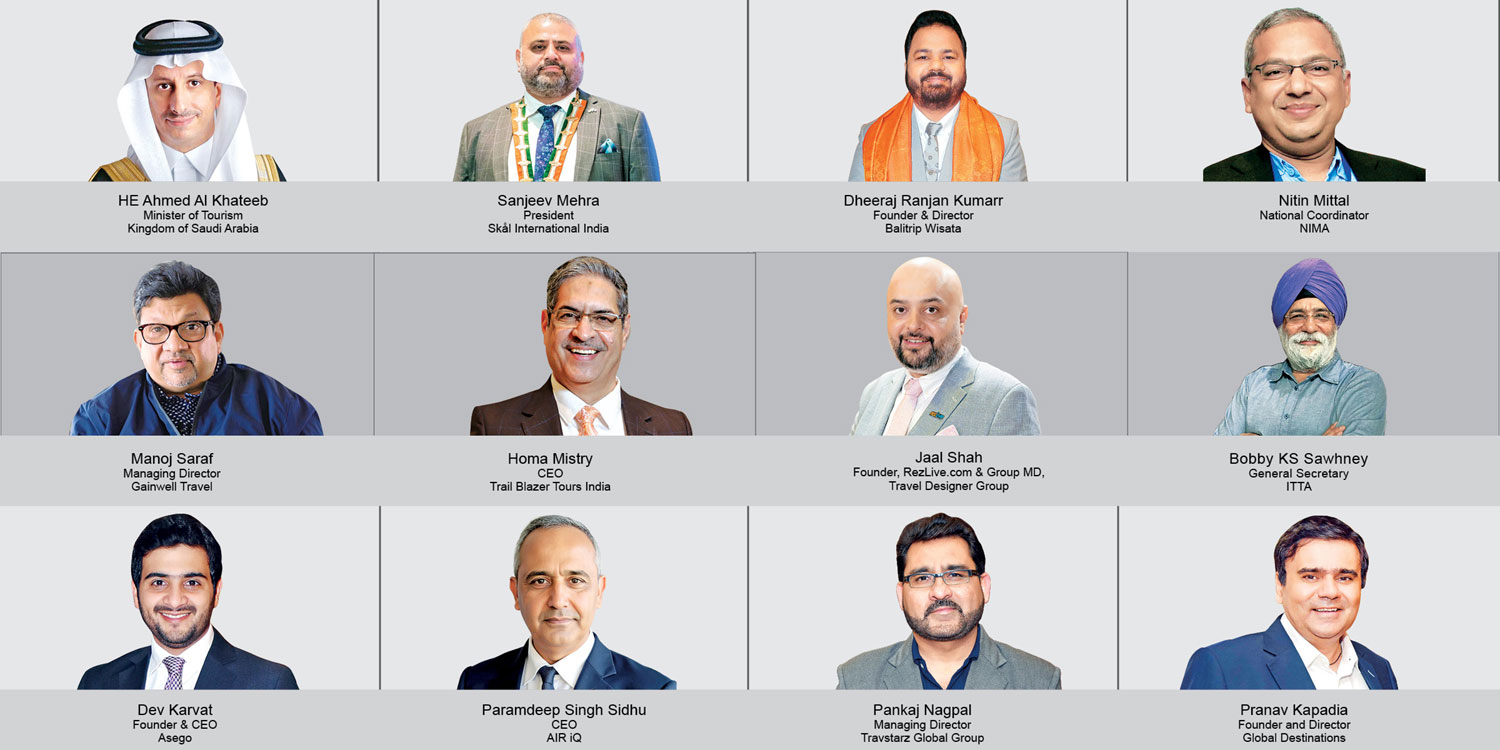Hit hard by the pandemic and dismayed by the lack of sufficient government support to eastern India, Manoj Saraf, Managing Director, Gainwell Travel, is now diversifying his company’s business into education. He says that even drive-in holidays may not bring in much revenue till people are not confident enough to travel again.
Nisha Verma
Ever since the lockdown was imposed in March this year, the situation for the travel industry in eastern India has not been very good, says Manoj Saraf. “We’ve had ad hoc announcements of lockdown and change in policies by the state government, because of which there were again massive cancellations and airlines had to pull out flights. The activity might have gone up from zero to 10-15 per cent, but it is now returning to under 10 per cent because of these reasons,” he shares.
Domestic business, too, was not of much help, claims Saraf, adding that though they were trying to sell driving holidays to nearby resorts, the response was lukewarm because people were still wary of travelling. “People are still very scared of getting out and even if they get into a hotel or resort, they are not sure about hygiene standards enroute to the hotel and places they visit. Unless that fear is out of people’s minds, I don’t think these drive-aways are going to bring much revenue to us,” he says.
Not a helping hand
Distraught at the lack of sufficient aid from the government, especially to eastern India, Saraf says that “Unfortunately, in our country, the kind of package or the benefits that the government has tried to pass on to us as an MSME, or as part of the travel industry, have been negligible, especially compared to what other countries have done. The importance of this industry has never been understood by the Indian government, whether it is inbound or outbound. If the government wanted, there wouldn’t have been mass retrenchment of people in this industry. The eastern region gets a very small share of the entire business from India, therefore we require special care. While the government has been supporting tourism in eastern India through its look-East policies that have given good results to inbound tourism in the region and some growth in airports and outbound tourism as well, when I compare eastern India to other regions of the country, we are probably getting less than five per cent of the total business. Delhi and Mumbai get around 70 per cent of the total tourism business, and the remaining 25 per cent is taken away by the southern region. I feel that whenever a policy comes to support the business, a little extra should be given to the region which requires more support. People who invested in hotels and the hospitality industry in the east have taken a bigger risk than somebody who has built a hotel in Agra or Goa. Hence, if you must support those people, certain tax reliefs or some ad hoc loans should be given to them to tide along this period. Some incentives can be given to support the salaries of the staff, who may otherwise have to be retrenched.”
Befriend the agent
Many in the industry believe that the COVID-19 pandemic may have upped the importance of the traditional travel agent for customers, primarily because they want to be sure there will be someone to help them out should they be in crisis. “It is the job of the travel agent to inform the customer at least a day before travelling about what to expect at departure, during the flight, arrival, immigration, transportation and quarantine. These complications, hassles and regulations will continue. That’s where the travel agent comes in,” he explains.
Diversifying to adapt
Necessity is the mother of invention, believes Saraf, who will now be diversifying his business into education. “We have tied up with a few universities like Amity, where we are taking classes for hospitality students as well as travel & tourism students. We are teaching them how to sell certain products and how to be employable by the industry so that when things return to normal, they will see value in joining companies like ours. We have been approached by a few more institutes for such classes. In addition, we have someone who is teaching Spanish,” he says.
 TravTalk India Online Magazine
TravTalk India Online Magazine





